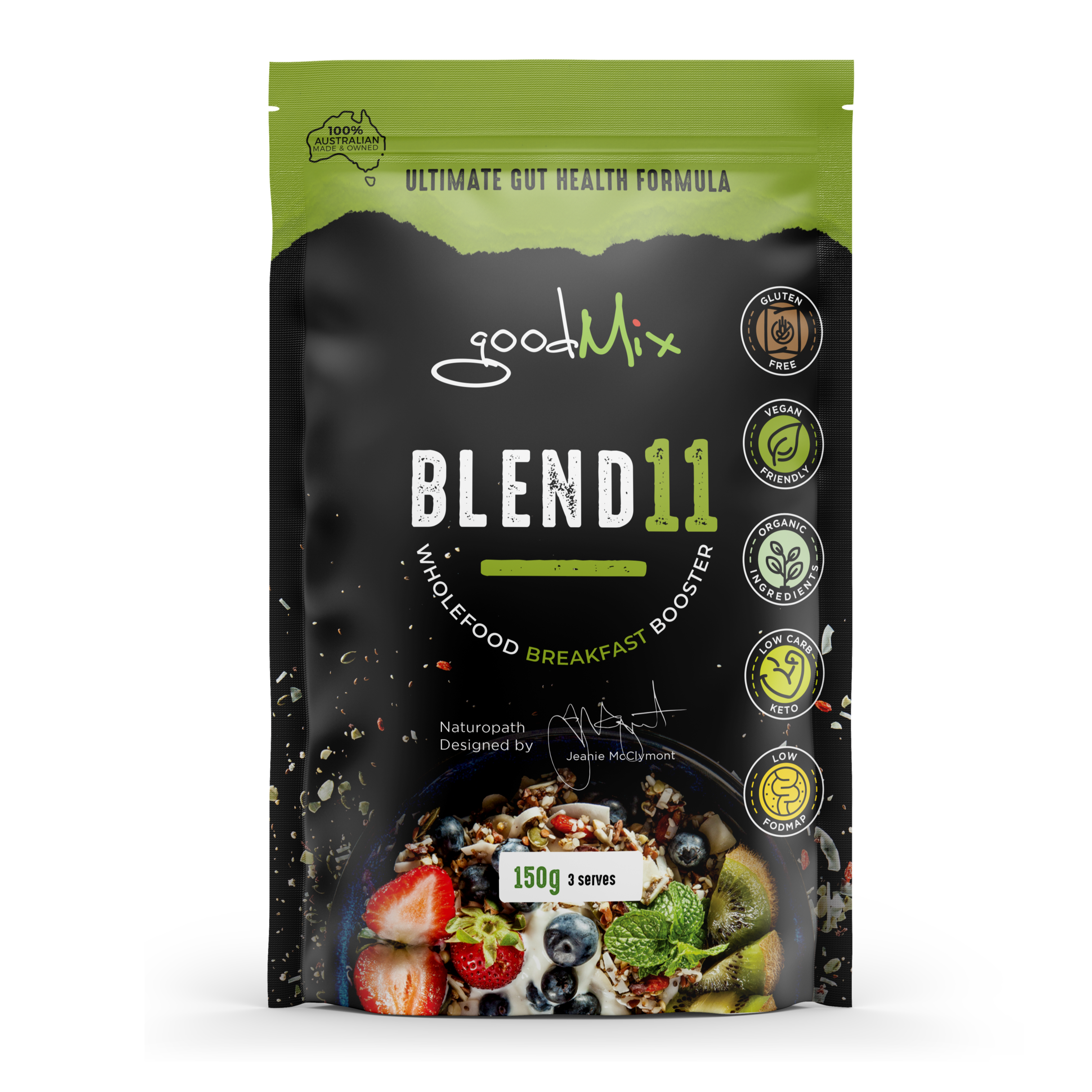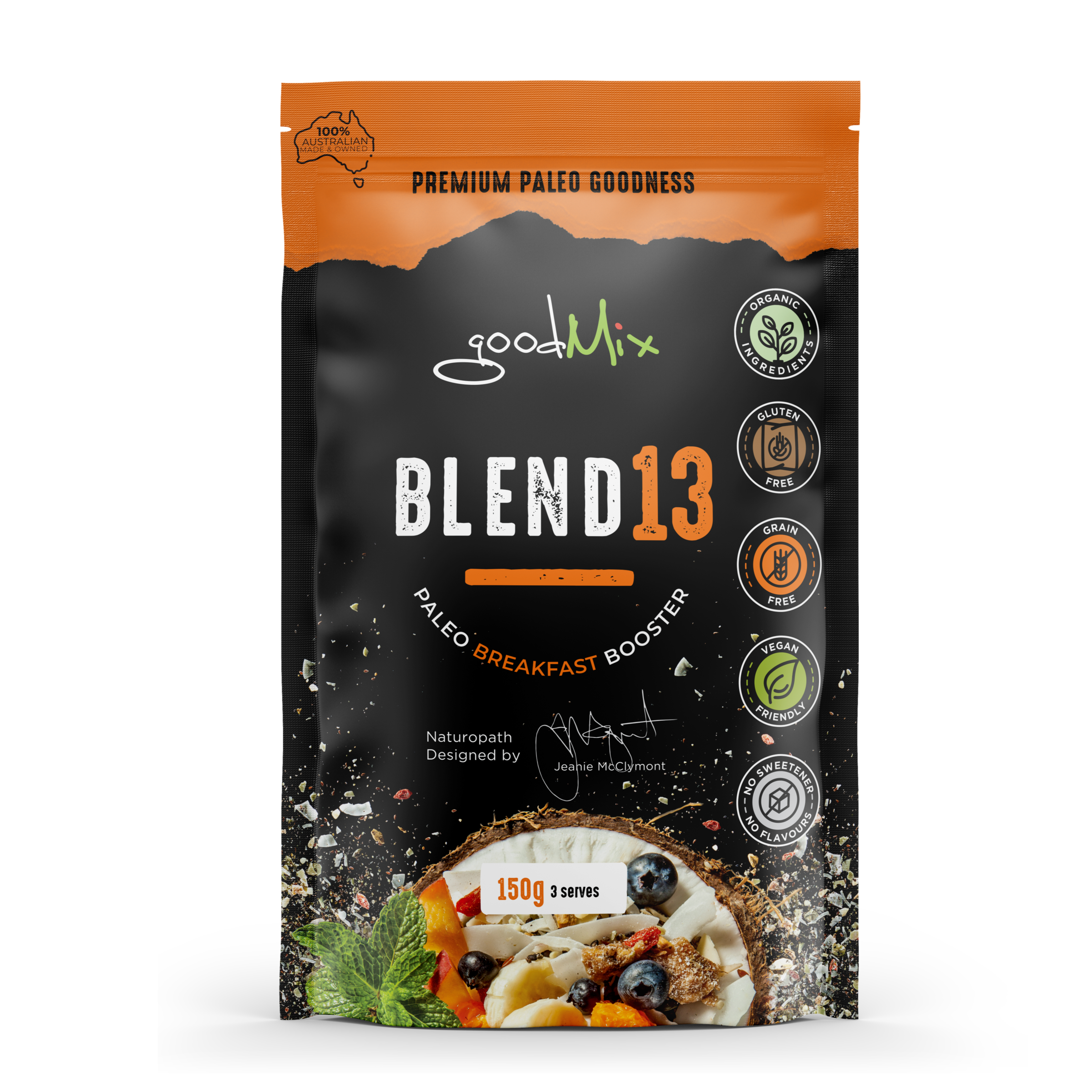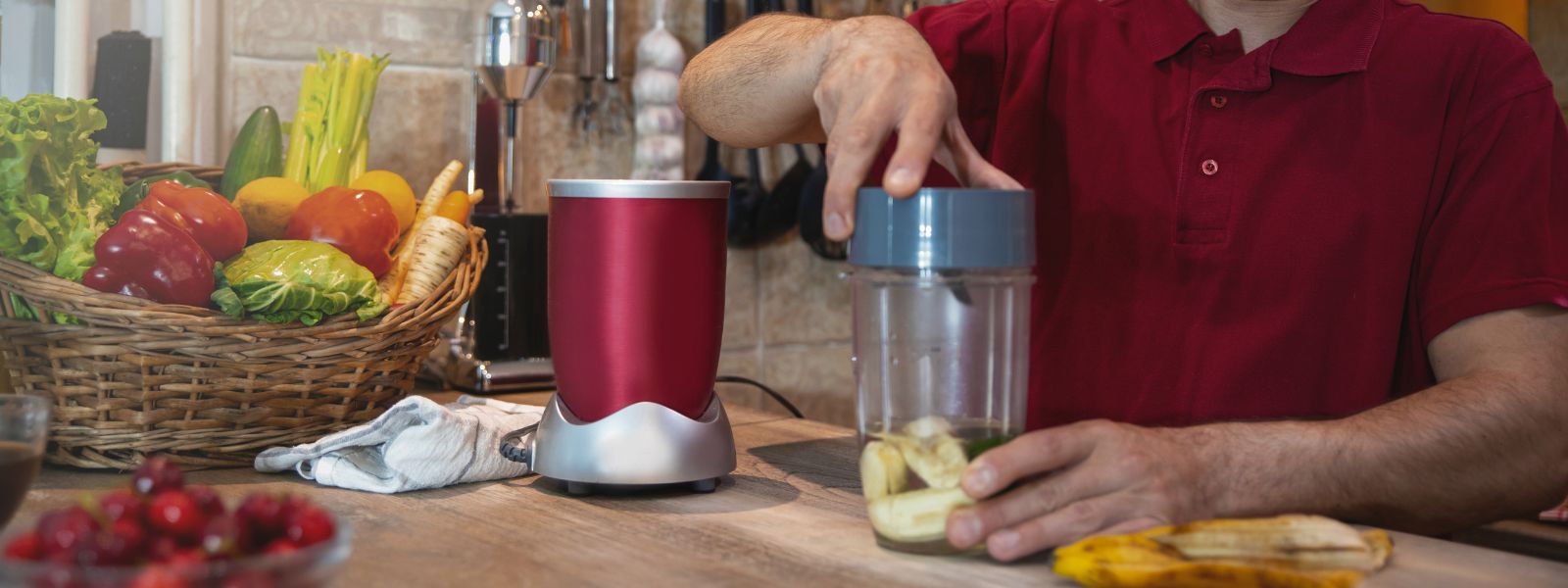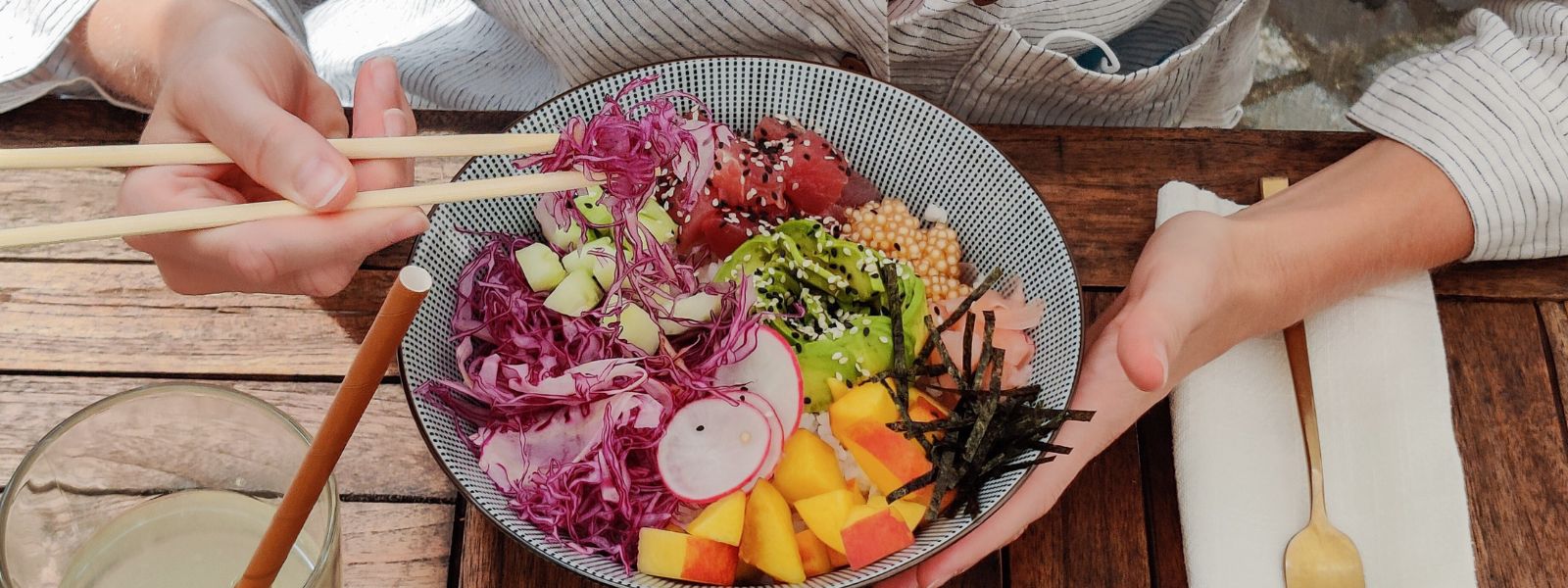
Navigating the Emotional Landscape of Men's Health: Personal Insights and Transformations
It's Men's Health Week beginning 10th June so I thought I would put my own thoughts together on practices that have helped me over the last couple of years. Navigating the complexities of men's emotional health has been one of the most challenging yet transformative aspects of my life. My journey through understanding my emotional well-being has reshaped my relationships, especially with myself. It's a path less travelled, where learning to be open about my vulnerabilities and finding ways to connect with my emotions, such as simply sitting with them, has been not just beneficial but essential in navigating my life.
The Struggle is Real
From a young age, like many men I know, I was taught to uphold strength and resilience. Phrases like, "If you're going to cry about that, then I'll give you a real reason to cry," conditioned me to suppress my emotions. On the flip side, I received praise for being courageous, being seen, winning at things and shining amongst the crowd. This created patterns of neediness, especially in my significant relationships. These societal norms profoundly influenced my nervous system, psyche and character, affecting my most cherished relationships.
Choosing to confront and feel my emotional world wasn't an easy decision, nor did it come naturally. It required (and still requires) facing the uncomfortable truths of deep-seated fears associated with exposing my vulnerabilities. This was catalysed by the growing strains in all my dearest relationships, highlighting the unsustainable path of emotional suppression I was on.
Tools and Perspectives for Emotional Health
Deep Listening
The transformative power of truly being heard became apparent to me through therapy. Both in professional settings and in reflections from others after they've listened. When someone truly listens, it allows an opening to voice my deepest fears and challenges and often offers a new perspective on my experiences. A skilled therapist, coach or friend who can hold this space not only allows me to share how I'm feeling but often invites perspectives I might not see and encourages me to delve deeper within myself to find my own truth. Particularly powerful is when this listening comes from a man or group of men who do not judge or try to solve my problems but rather listen and guide me to the answers within myself. Men's work is crucial here!
Valuable Insights
Being consciously aware of my emotional triggers and patterns has been so important. Regular self-reflection and some journaling (I need to get better at this) have not only provided insights but also been therapeutic, helping me address deep-seated issues affecting my relationships. One practice is what I call "replay the day." In the evening, I scan the day for any situations where I might have become emotional or reacted to a trigger. I visualise the situation, see myself in the moment, and identify the emotion (e.g., anger). I re-experience the feelings, notice how I reacted, and then replay the situation in my mind, offering a better response. This practice strengthens my ability to be less reactive and more responsive, leading to better outcomes for everyone involved.
Mindfulness
Practices such as meditation and breathwork have become integral to my daily routine. These practices help manage stress and keep me grounded, profoundly impacting my emotional reactivity and helping me become more connected to my nervous system. I catch myself when a strong emotion surfaces, giving myself a split second to feel it, notice where it is in my body, and reflect on whether it's a pattern or if I'm the cause. The aim is to be accountable for my reactivity, respond to triggers with curiosity or admit I need space to process the emotion. Admittedly, I don't always succeed and sometimes react poorly, but acknowledging these deep, unintegrated wounds is part of the process.
Routine and Daily Practice
Establishing a consistent daily routine has been pivotal in maintaining my mental health. Prioritising daily practices like morning meditation, evening reflection, and regular physical activity has grounded me and provided structure in my life. These routines help me start the day with clarity and end it with introspection, reducing stress and enhancing emotional stability. The benefits of a consistent routine extend beyond immediate mental health; they cultivate discipline, improve overall well-being, and create a reliable framework for handling life's challenges with resilience and calm.
The Emotional Diet
I've learned that emotional well-being is influenced not just by physical nutrition but also by what we consume emotionally. The thoughts we entertain, the people we surround ourselves with and the media we consume shape our emotional health. I now actively choose a positive emotional environment, which has been crucial in my mental well-being journey.
Recharge vs. Escape
Identifying activities that genuinely replenish my energy rather than those that merely serve as escapes from reality has been vital. Engaging in activities that nourish rather than numb me has allowed me to face my issues head-on rather than avoiding them.
Understanding My Nervous System
A pivotal insight in my journey has been recognising how our nervous system works, what it's designed for and how it can provide valuable insights into unresolved wounds when triggered. This understanding has opened the door to addressing and healing deep-seated emotional pain and trauma. There are great audiobooks, podcasts and people to follow on this topic. Just search on social media and like a few posts or reels and the algorithm will serve up more.
Bodywork
Incorporating body work, such as myofascial ball release, ice bathing, saunas, yoga and various types of massage, has been instrumental in releasing tension and stuckness. This is often linked to unconscious patterns or trauma stored in the body. This body work practice has complimented my emotional work, aiding overall healing and helping me become more attuned to my physical and emotional states.
The Importance of Emotional Health in Relationships
My relationships have transformed as I've embraced emotional awareness. Vulnerability, empathetic communication and a genuine understanding of other's emotional needs have fostered deeper, more meaningful connections. To love and receive love unconditionally is what I feel is most important in my human experience.
The Gut-Brain Connection
Another critical aspect of mental health is our diet, specifically what we feed our gut microbiome. The gut-brain axis is a complex communication network linking our gut and brain and what we eat directly impacts this connection. A diet rich in fibre, fermented foods and diverse nutrients supports a healthy gut microbiome, which in turn influences our mental health.
One way I ensure my gut health is well supported is by incorporating Blend11 into my diet. It’s packed with prebiotics that promote a balanced gut flora. Poor dietary choices can disrupt gut health, leading to issues like inflammation and an imbalance in gut bacteria, which have been linked to lethargy, moodiness, brain fog, anxiety and depression. Prioritising gut health through a balanced diet not only improves digestion but also enhances mood and cognitive function, playing a vital role in overall mental well-being. My breakfast is the bomb!
Challenging the Status Quo
I encourage my fellow men to challenge the norms that restrict our emotional expression. The path is undoubtedly fraught with vulnerability, but the liberation found in emotional authenticity is immeasurably rewarding.
Final Thoughts
My journey toward emotional health has been a profound commitment to personal growth and improved relationships. By fostering emotional awareness, prioritising a nourishing emotional diet and engaging in practices that support our nervous system and physical well-being, we open ourselves to a life of deeper connection, resilience and fulfilment. Let us collectively embrace this journey, rewriting the narrative on men's emotional health for ourselves and future generations. The inner work has been unavoidable for me to better prosper in this short time we have on this earth.
Thanks for reading
Brad
FAQs
1. How can deep listening help with emotional health?
Deep listening allows individuals to feel heard and understood, providing a space to voice their fears and challenges. It can offer new perspectives and aid in the healing process.
2. What is the importance of mindfulness in managing emotional health?
Mindfulness practices like meditation and breathwork help manage stress and keep individuals grounded. They enhance emotional reactivity and connection to the nervous system.
3. How does the concept of an emotional diet affect mental well-being?
An emotional diet involves choosing positive thoughts, surrounding oneself with supportive people and consuming uplifting media. This approach significantly influences emotional health and overall well-being.
4. Why is body work important in emotional health?
Body work helps release physical tension and trauma stored in the body. Practices like yoga, massage and ice bathing complement emotional healing, aiding in overall well-being.
5. How can men challenge societal norms regarding emotional expression?
Men can challenge these norms by embracing vulnerability, fostering emotional awareness and prioritising empathetic communication. This approach leads to deeper connections and authentic living.




